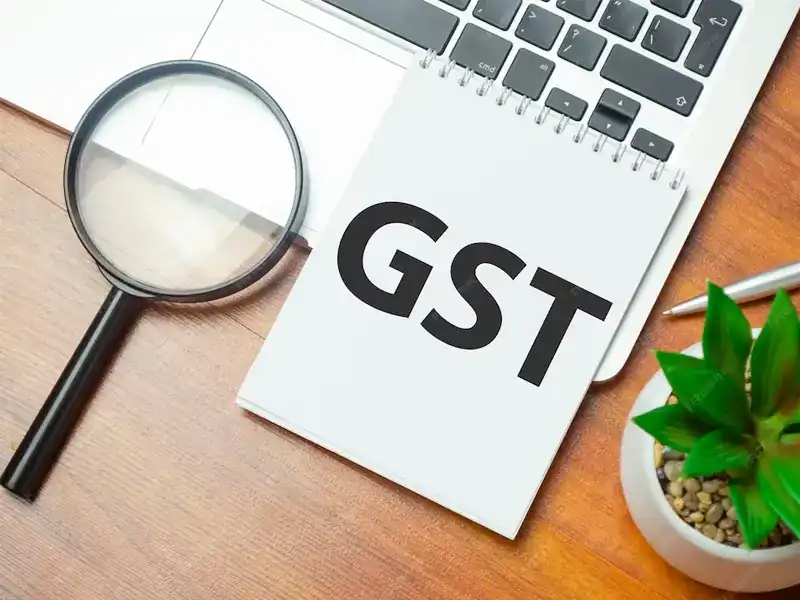
The Goods and Services Tax (GST) continues to reshape India’s economic landscape, and the recent reforms highlight the government’s intent to boost demand and accelerate recovery. While the latest changes bring cheer to consumers, they also reignite discussions around sectors like real estate and hospitality, which face unique challenges under the current GST regime.
The reduction of GST rates on FMCG items is a welcome move. Everyday essentials becoming more affordable will naturally encourage higher consumption, supporting both households and businesses. This comes at a time when stimulating demand is critical for sustaining India’s economic momentum.
Another encouraging aspect of the reform is that maximum GST revenue continues to come from luxury and sin goods, such as gambling, tobacco, and cigarettes. By taxing such items heavily, the government is able to cross-subsidise essentials, ensuring that basic commodities remain within the reach of the average consumer. This reflects a fair and socially responsible taxation approach.
While these moves are positive, the real estate sector remains constrained due to the denial of input tax credit (ITC). Developers are unable to claim credit for the GST they pay on inputs like raw materials, services, and construction costs. This pushes up the effective cost of projects, often translating into higher prices for buyers.
At a time when the real estate sector is a critical driver of employment, infrastructure growth, and long-term economic stability, this policy gap needs urgent attention. Allowing ITC in real estate would:
The recent GST cuts clearly show the government’s intent to spur consumption and economic activity. However, for holistic growth, reforms must also extend to industries like real estate and hospitality, which have the potential to generate large-scale employment and contribute significantly to GDP.
Revisiting the ITC policy for these sectors can unlock their growth potential, align them with the broader goals of affordable housing, and ensure GST remains a truly progressive tax regime.
